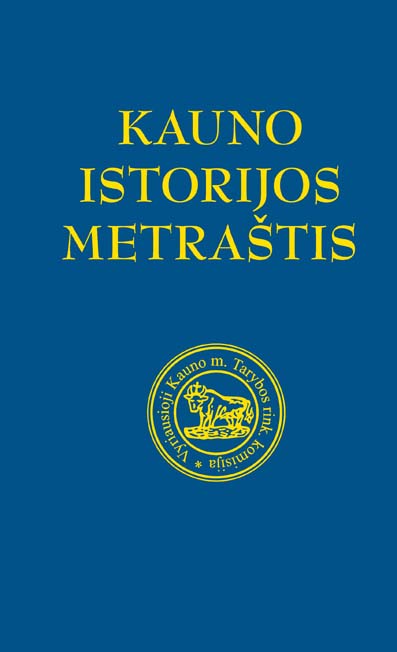Rusų etninės ir religinės tapatybės konstravimas Sąjūdžio laikotarpiu Kaune leistoje spaudoje rusų kalba
Constructing Ethnic and Confessional Identity of Russian Population in the Press Published in Kaunas During the „Sąjūdis“ Period
Author(s): Andrius MarcinkevičiusSubject(s): Local History / Microhistory, Western Slavic Languages, Eastern Orthodoxy, Politics and Identity, Identity of Collectives
Published by: Vytauto Didžiojo Universitetas
Keywords: Press in Russian language; Kaunas; Ethnic and religious identity; Russians; Russian culture; Orthodox Christians;
Summary/Abstract: The aim of the article is to analyse what was an impact of the press in Russian language that was published in Kaunas during the Sąjūdis period for constructing ethnic and confessional identity of Russian population. In order to reach the aim publications from newspapers “Echo of Kaunas” (“Эхо Каунаса”) and “Kaunas News” (“Kаунасский вестник”) were selected for qualitative research. The research revealed that biographies of famous individuals of Russian origin who participated in activity of Vytautas Magnus University and State Theatre (scientists, ballet artists, etc.) were the most popular kind of empirical material used by the press for constructing ethnic identity of Russian population and it’s relation to tradition of the Lithuanian statehood. The other one was data about activity of Russian Gymnasium and Russian cultural organizations until 1940 that served as important background for creation of image of historical continuity non-Soviet Russian culture in Kaunas. The research has also demonstrated that the press in Russian language was of high importance for the clergyman of Orthodox Christian parish in Kaunas. By participating in newspaper “Echo of Kaunas” they published various materials that could serve for consolidation of Russian population. Priests perceived Orthodox Christianity as a system of long-term values that could replace the Soviet identity among people and took part in the activity of Russian cultural organizations in Kaunas. However, they didn’t perceived Russian ethnicity as a feature of high importance to join the community and stressed multilingual and multicultural nature of the Orthodox Church.
Journal: Kauno istorijos metraštis
- Issue Year: 2021
- Issue No: 19
- Page Range: 105-123
- Page Count: 19
- Language: Lithuanian

